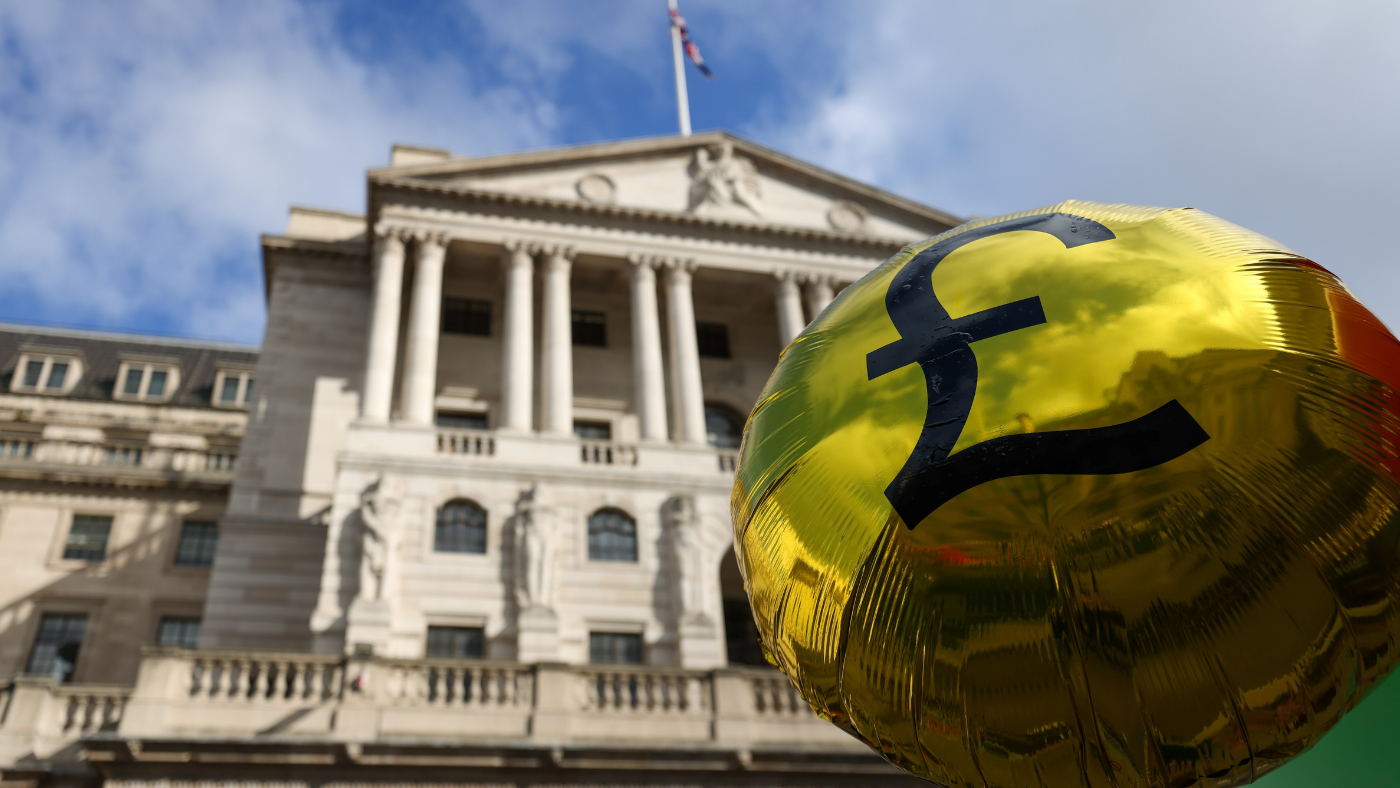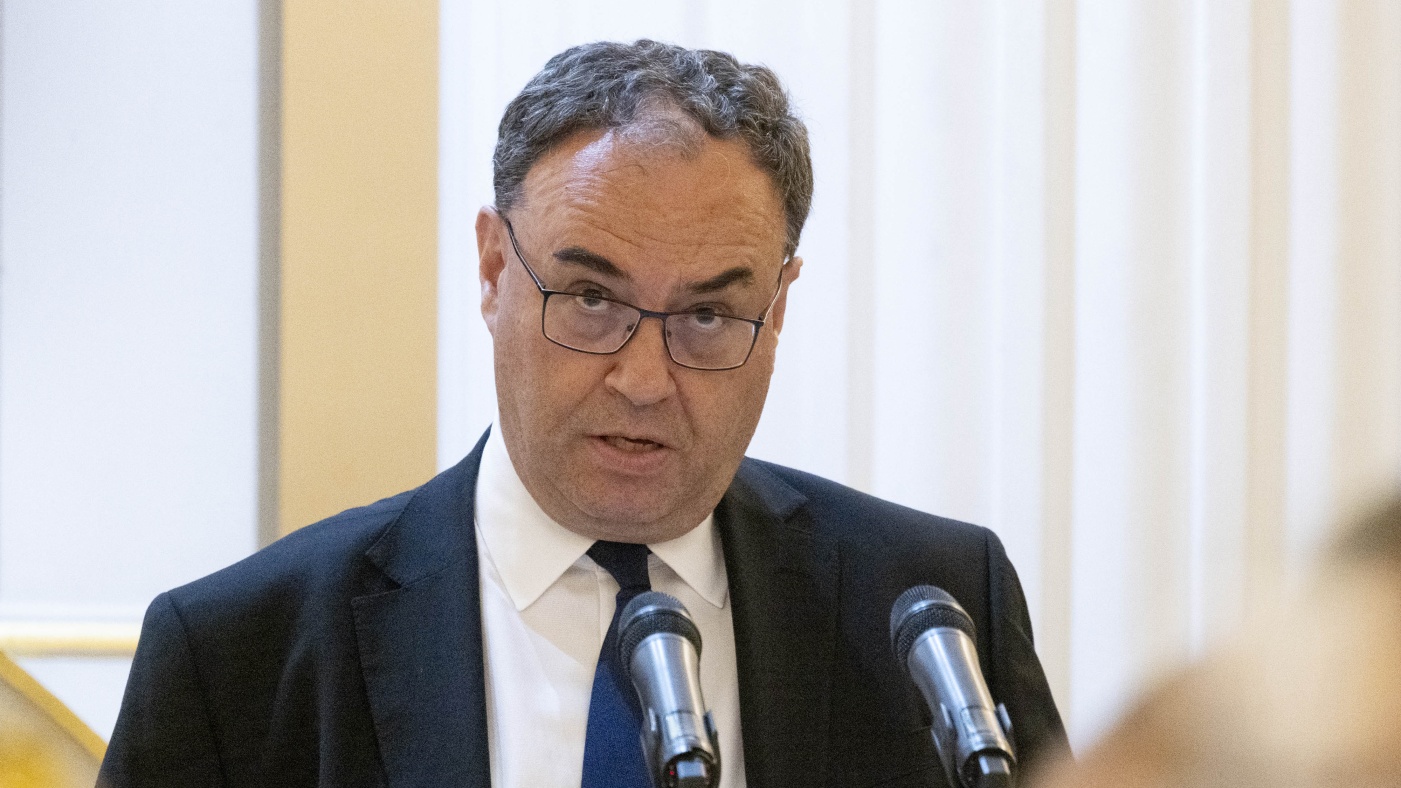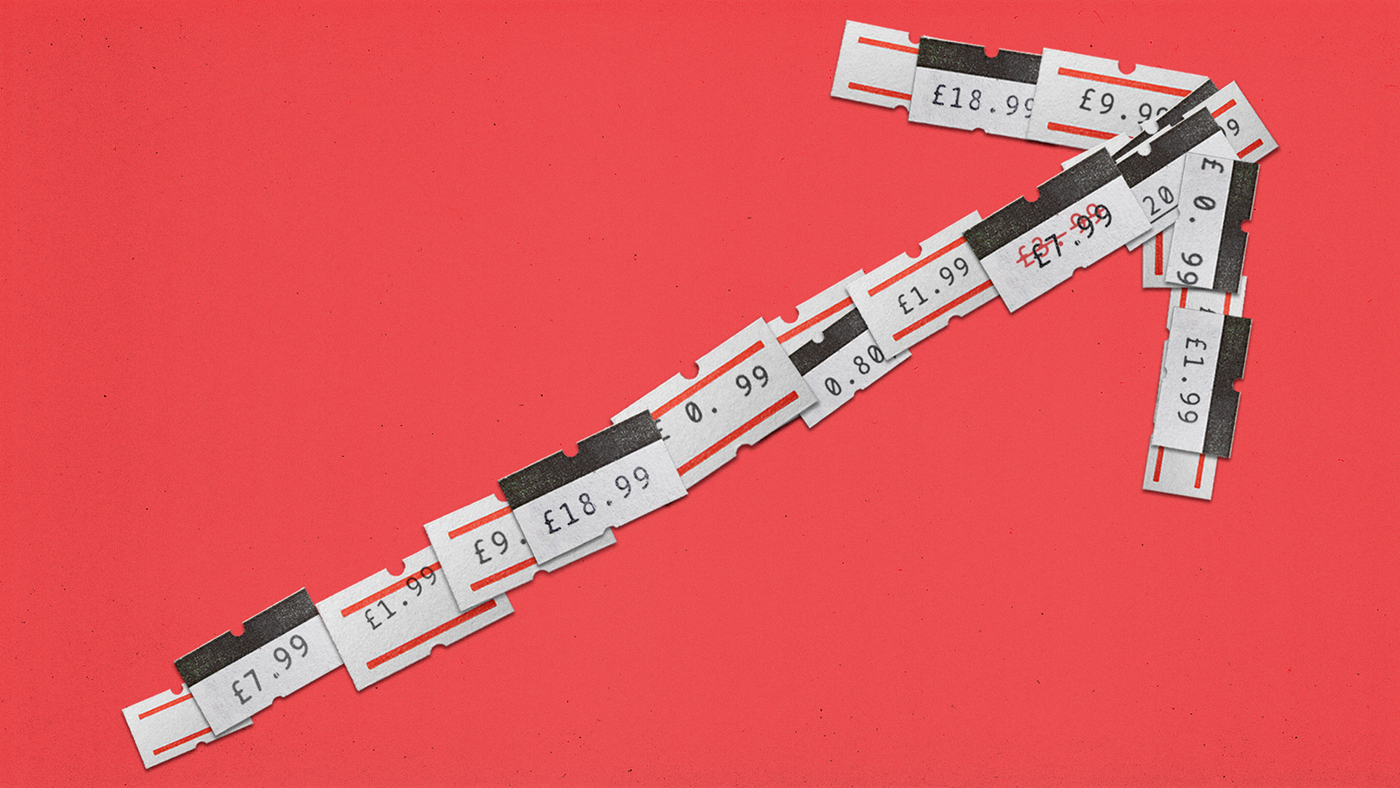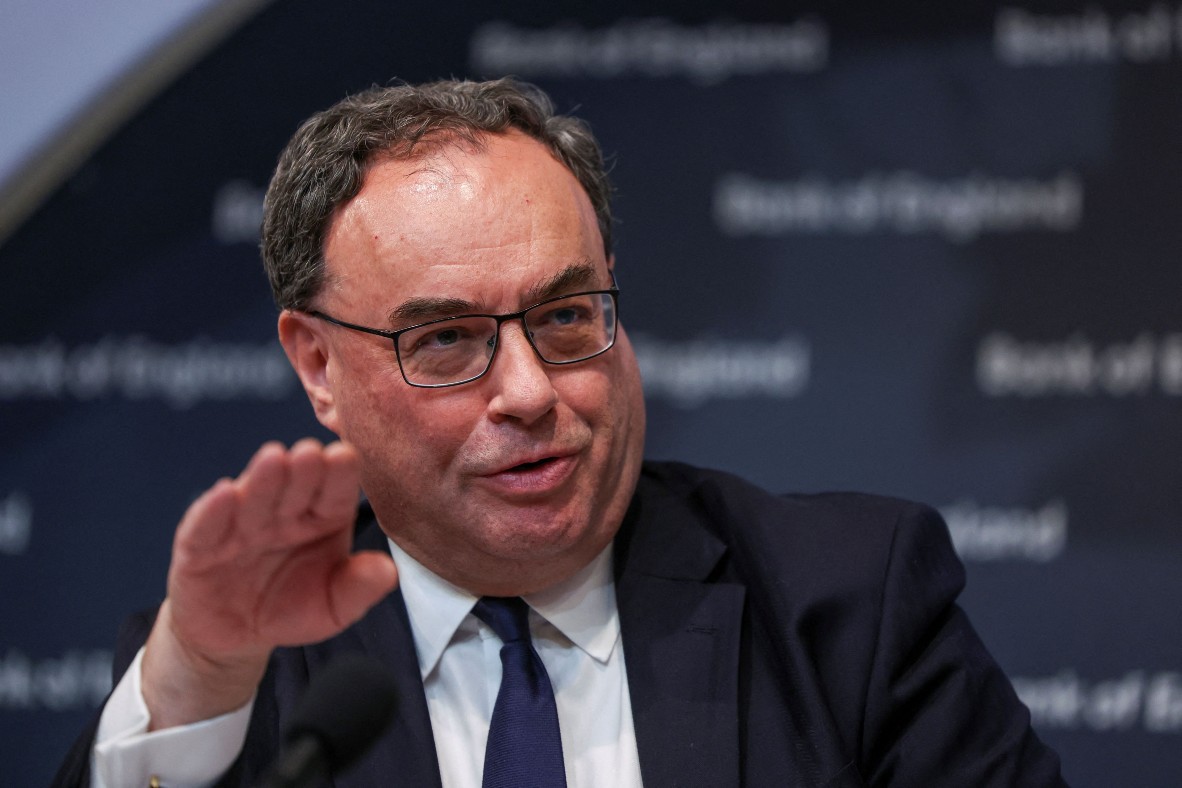‘Menopausal’ comment leads to apology from Bank of England deputy governor
Ben Broadbent ‘regrets’ using metaphor to describe ‘past their peak’ economies

A free daily email with the biggest news stories of the day – and the best features from TheWeek.com
You are now subscribed
Your newsletter sign-up was successful
The deputy governor of the Bank of England has apologised for using the word “menopausal” to describe economies that are “past their peak”.
Ben Broadbent made the comments in an interview with The Daily Telegraph, in reference to a slowdown in productivity in the British economy.
The deputy governor told the newspaper that “financial experts used the ‘menopausal’ metaphor for economies that were ‘past their peak and no longer so potent’”.
The Week
Escape your echo chamber. Get the facts behind the news, plus analysis from multiple perspectives.

Sign up for The Week's Free Newsletters
From our morning news briefing to a weekly Good News Newsletter, get the best of The Week delivered directly to your inbox.
From our morning news briefing to a weekly Good News Newsletter, get the best of The Week delivered directly to your inbox.
Professor Sarah Smith, who teaches economics at Bristol University, told the BBC that Broadbent’s word choice “conveys a rather derogatory view of women”, adding: “I’ve never thought of the menopause as not productive”.
The comparison was criticised as especially tone-deaf given the financial sector’s well-documented dearth of female leaders.
Broadbent himself sits on the institution’s Monetary Policy Committee (MPC), “which has been criticised for having only one female member on its nine-strong board”, says the BBC.
His choice of language also drew scorn on social media, including from female politicians and women’s groups:
A free daily email with the biggest news stories of the day – and the best features from TheWeek.com
Following the backlash, Broadbent has apologised for employing the metaphor, saying he used it in an attempt to explain the meaning of the word ‘climacteric’, which also refers to the years of declining fertility but applies to both sexes.
“I’m sorry for my poor choice of language and regret the offence caused,” he said.
-
 El Paso airspace closure tied to FAA-Pentagon standoff
El Paso airspace closure tied to FAA-Pentagon standoffSpeed Read The closure in the Texas border city stemmed from disagreements between the Federal Aviation Administration and Pentagon officials over drone-related tests
-
 Political cartoons for February 12
Political cartoons for February 12Cartoons Thursday's political cartoons include a Pam Bondi performance, Ghislaine Maxwell on tour, and ICE detention facilities
-
 Arcadia: Tom Stoppard’s ‘masterpiece’ makes a ‘triumphant’ return
Arcadia: Tom Stoppard’s ‘masterpiece’ makes a ‘triumphant’ returnThe Week Recommends Carrie Cracknell’s revival at the Old Vic ‘grips like a thriller’
-
 The end for central bank independence?
The end for central bank independence?The Explainer Trump’s war on the US Federal Reserve comes at a moment of global weakening in central bank authority
-
 Should Labour break manifesto pledge and raise taxes?
Should Labour break manifesto pledge and raise taxes?Today's Big Question There are ‘powerful’ fiscal arguments for an income tax rise but it could mean ‘game over’ for the government
-
 What are stablecoins, and why is the government so interested in them?
What are stablecoins, and why is the government so interested in them?The Explainer With the government backing calls for the regulation of certain cryptocurrencies, are stablecoins the future?
-
 Will the UK economy bounce back in 2024?
Will the UK economy bounce back in 2024?Today's Big Question Fears of recession follow warning that the West is 'sleepwalking into economic catastrophe'
-
 Interest rates rise to 5.25% for first time in 15 years
Interest rates rise to 5.25% for first time in 15 yearsSpeed Read Inflation is slowing but at 7.9% it remains well above the Bank of England’s 2% target
-
 Five options to get the UK back to 2% inflation
Five options to get the UK back to 2% inflationfeature Some economists believe alternatives to raising interest rates are in the country’s best interests
-
 Why aren’t soaring interest rates bringing down inflation?
Why aren’t soaring interest rates bringing down inflation?Today's Big Question PM pins blame for stubborn inflation on fixed-rate mortgages, but economists say the picture is more nuanced
-
 Sticky inflation and sluggish growth: why does UK economy continue to struggle?
Sticky inflation and sluggish growth: why does UK economy continue to struggle?Today's Big Question Food prices, Brexit and the Bank of England have been blamed for poor economic performance